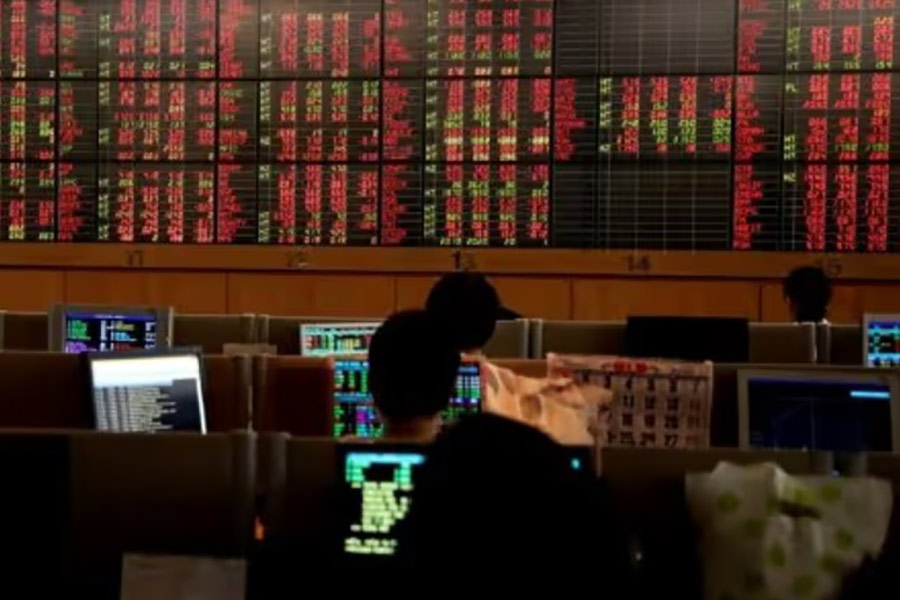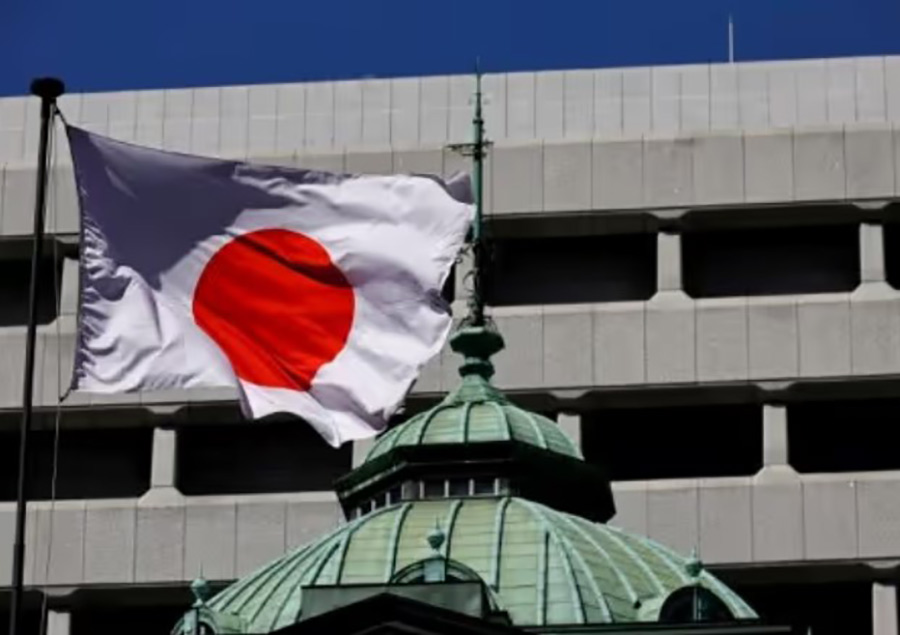BANGKOK- Weakness in Thailand’s stock market, which has fallen to its lowest levels since November 2020, was due to political concerns and should be temporary, a deputy finance minister said Monday.
“Investor confidence is most important,” Deputy Finance Minister Julapun Amornvivat said.
“There are many important political factors coming together.”
The main index on the Stock Exchange of Thailand .SETI was down 0.6 percent in early afternoon trade. It has fallen about 8 percent so far this year, to be the worst performing market in Asia.
On Tuesday, a set of crucial court cases, including one that could potentially lead to the removal of Prime Minister SretthaThavisin, could trigger more political uncertainty in Southeast Asia’s second-largest economy.
The political situation should be improve incoming days, Julapun said, adding that the ministry was working on new mechanisms to build confidence.
Thailand trimmed its economic growth forecast for 2024 despite a better-than-expected expansion in the January-March quarter, saying exports were projected to increase at a slower pace than previously thought due to external risks.
Southeast Asia’s second-largest economy grew 1.5 percent in the first quarter from a year earlier, data from the National Economic and Social Development Council (NESDC) showed, beating analysts’ expectations for a 0.8 percent expansion in a Reuters poll.
In the final quarter of 2023, gross domestic product (GDP) expanded an annual 1.7 percent.
On a quarterly basis, GDP grew a seasonally adjusted 1.1 percent after a revised 0.4 percent contraction in the final quarter of 2023, avoiding a technical recession. Economists had forecast a 0.6 percent expansion from the previous three months.
Growth was driven by exports and private consumption and investment, but public investment and government expenditure contracted, the state planning agency NESDC said in a statement.
“Thailand’s economy rebounded in Q1 and we expect steady, if unspectacular, growth this year driven by a further rebound in tourism and strong government spending,” Capital Economics said in a note.
The NESDC now expects GDP growth of between 2.0 percent and 3.0 percent for 2024, slightly lower than its previous forecast of 2.2 percent to 3.2 percent. Last year’s growth was 1.9 percent.
The downgrade is due to high external risks, especially trade protectionism that is intensifying, geopolitical conflicts and volatility in the global economy, NESDC Secretary-General Danucha Pichayanan told a press conference.
Thailand’s economy has lagged regional peers as it confronts high household debt and borrowing costs as well as weak exports amid an uneven recovery in top trading partner China.





